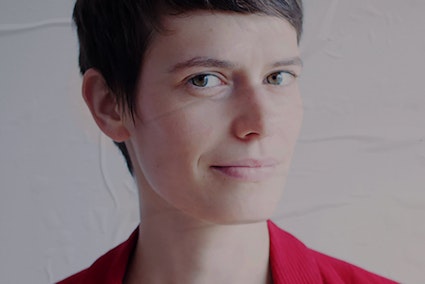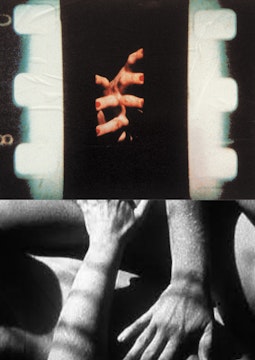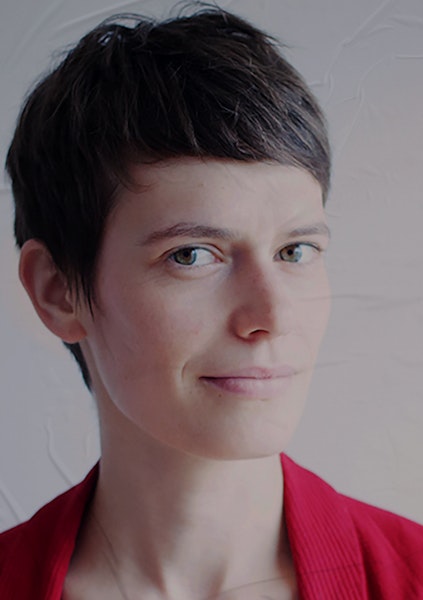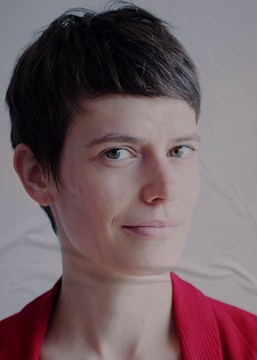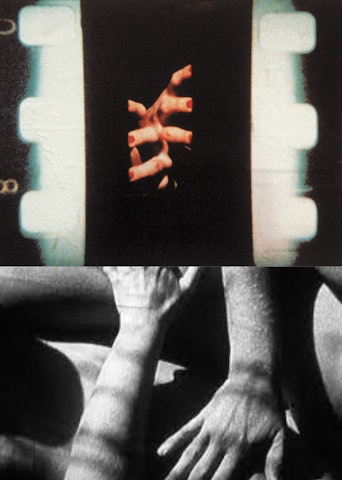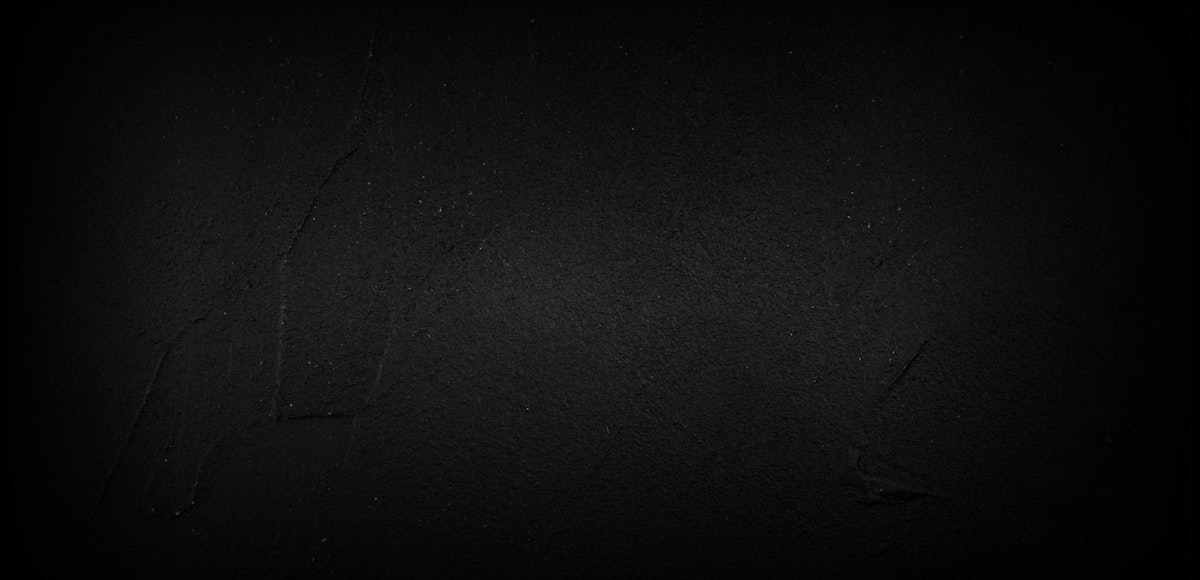
Hélène Walland Queer loox
queer loox has been at Rotondes (and before that, at CarréRotondes) since the first screenings. How did the project begin?
Hélène: queer loox started in 2014 as a collective bringing together people who had lived in different cities abroad. They missed being able to go to the cinema to watch queer feminist films, because there just weren’t so many that were released in Luxembourg. The films were chosen according to their desires and screened whenever there was a possibility. In 2017, when queer loox became an association, we started proposing a regular programme, spread over a season.
The audience hasn’t changed. We have a core group of people, a LGBT audience, who come regularly. But at each screening there are also new faces that show up because they are interested in the film. We always suggest gathering in the Buvette after the screening for a chat and a drink. Watching a film isn’t the only goal: we also want people to meet each other, talk, and discover new things.
How does the queer loox team select the films?
H.: The sole selection criterion we have decided upon is to only choose films that have never been shown in Luxembourg before. That leaves us with a broad choice of films, especially because we cover all styles (documentaries, dramas, shorts), all eras and all countries.
Often, we start off with films we know and our personal preferences. Then, we go further, so we don’t end up focusing only on Western productions and can also offer views from countries whose films we are not necessarily used to seeing. As a result, we’ve screened several films by directors of Iranian origin or the Kenyan film Stories of our lives produced by the Nest Collective.
With such a large pool to choose from it must be quite easy to make a balanced choice…
H.: No, not really, and for several reasons. For example, Iran doesn’t have the same production and distribution capacity as the US or France. Likewise, certain topics are taboo in many countries. So obviously there a far fewer films dealing with feminist or LGBT issues that come out from these places.
Then, there is also the subtitling issue, which can limit distribution. Sometimes there are no subtitles available as no one has had the means to make them. This can even be a problem with small independent American or European films. Luckily, in Luxembourg, many speak several languages, so we can take a few liberties with which languages we offer.
Which films in the 21/22 programme would you put forward?
H.: Every film! Because we are always trying to mix things up, there will be a documentary about the philosopher/writer Susan Sontag, and a Monika Treut evening, with two of her films: Gendernauts and Genderation. We will also screen something funny: Hedwig and the Angry Inch. And we will show The Watermelon Woman, which has just been restored and was near impossible to get a hold off until recently. It’s a really interesting film about how Black people are represented in film.
And above all, we are going to do something we’ve been wanting to do for a very long time. We will present an evening called Body: Politics during which we will screen experimental shorts. Up until now we were afraid it would be a bit too far off, but this year we’re going for it! The selection is underway, and we already know there will be some classics, Barbara Hammer, Valie Export, feminist avant-garde artists from the 70s and 80s. It’s all rather complicated to screen – especially because not everything has been digitised – but it’s very exciting!
